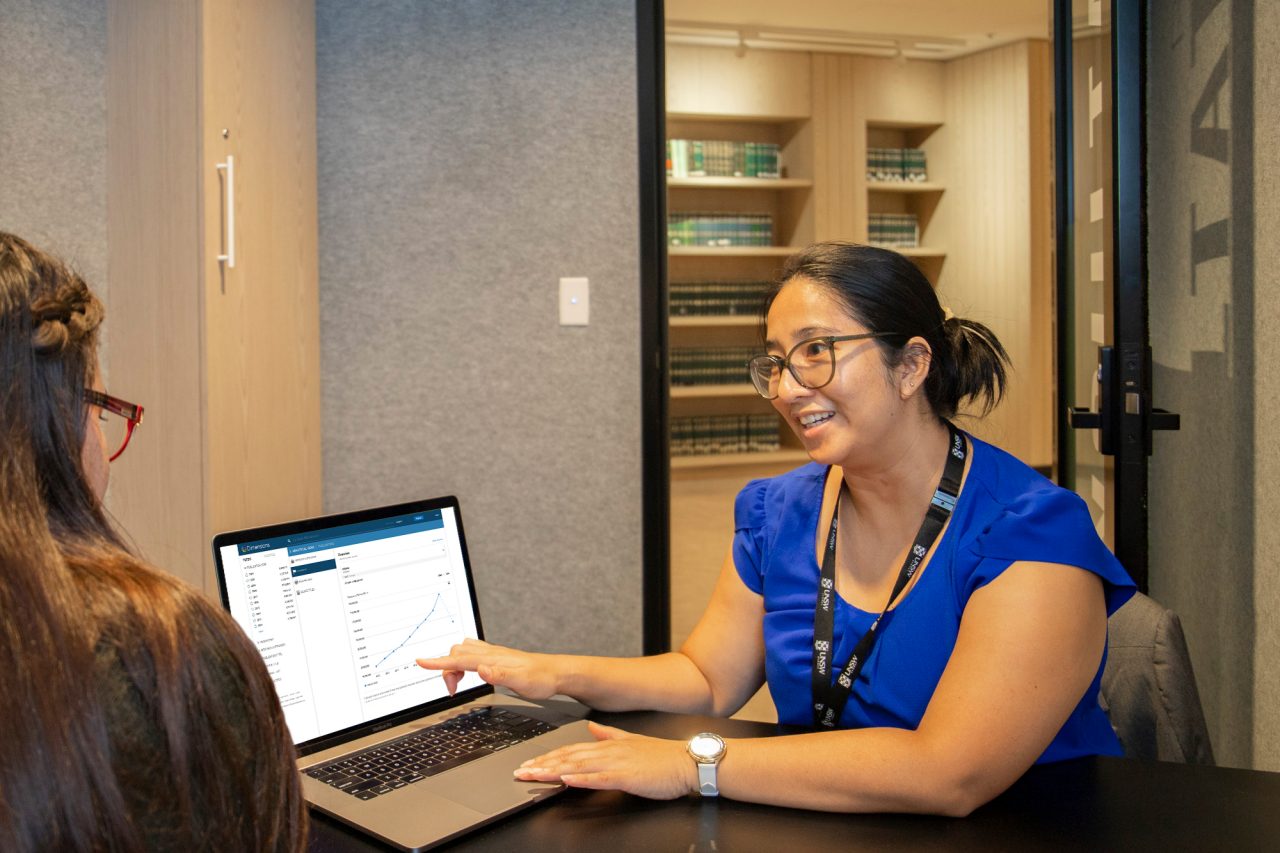Quoting materials
The fair dealing for research or study exception allows reproduction of a quote or extract in an assessment, provided it is for the purpose of research or study (including projects or assessments) and the use is considered fair in that context. It does not allow you to distribute or make copies available to anyone else, but you can use it in your coursework.
If you are going to publish your work, and it includes other people’s material (also referred to as third party copyright material), you will generally need permission from the copyright owner to use that material prior to publication.
When using quotes in work that you intend to publish, publishers may give guidance on the maximum number of words they will accept without the right holder’s permission.
Generally, you can use an insubstantial portion without requiring permission from the copyright owner. Whether a portion is insubstantial or substantial is judged on both a quantitative and qualitative basis. It will depend on whether it is a key, important or essential part of the copyright work, even if it is only a short extract.
For more information on the use of quotes and extracts can be found in the Australian copyright council information sheet.
Moral rights and plagiarism
Moral rights
Under the Copyright Act 1968, authors and artists have the right to be attributed or identified as the creator of their materials, to prevent others from being falsely attributed as the creator, and to ensure their materials are not subject to derogatory treatment. These rights are called moral rights and are separate to copyright protection.
For more information see Moral rights.
Learn more about referencing, see Elise Guide: referencing
Plagiarism
Plagiarism is using someone else’s work or ideas as your own, without giving proper attribution to the owner of the original work or idea. It is an offence against the author.
For more information, see Plagiarism.
Need help?

UNSW staff and students can contact copyright@unsw.edu.au for assistance with a copyright query or to arrange a copyright information session.